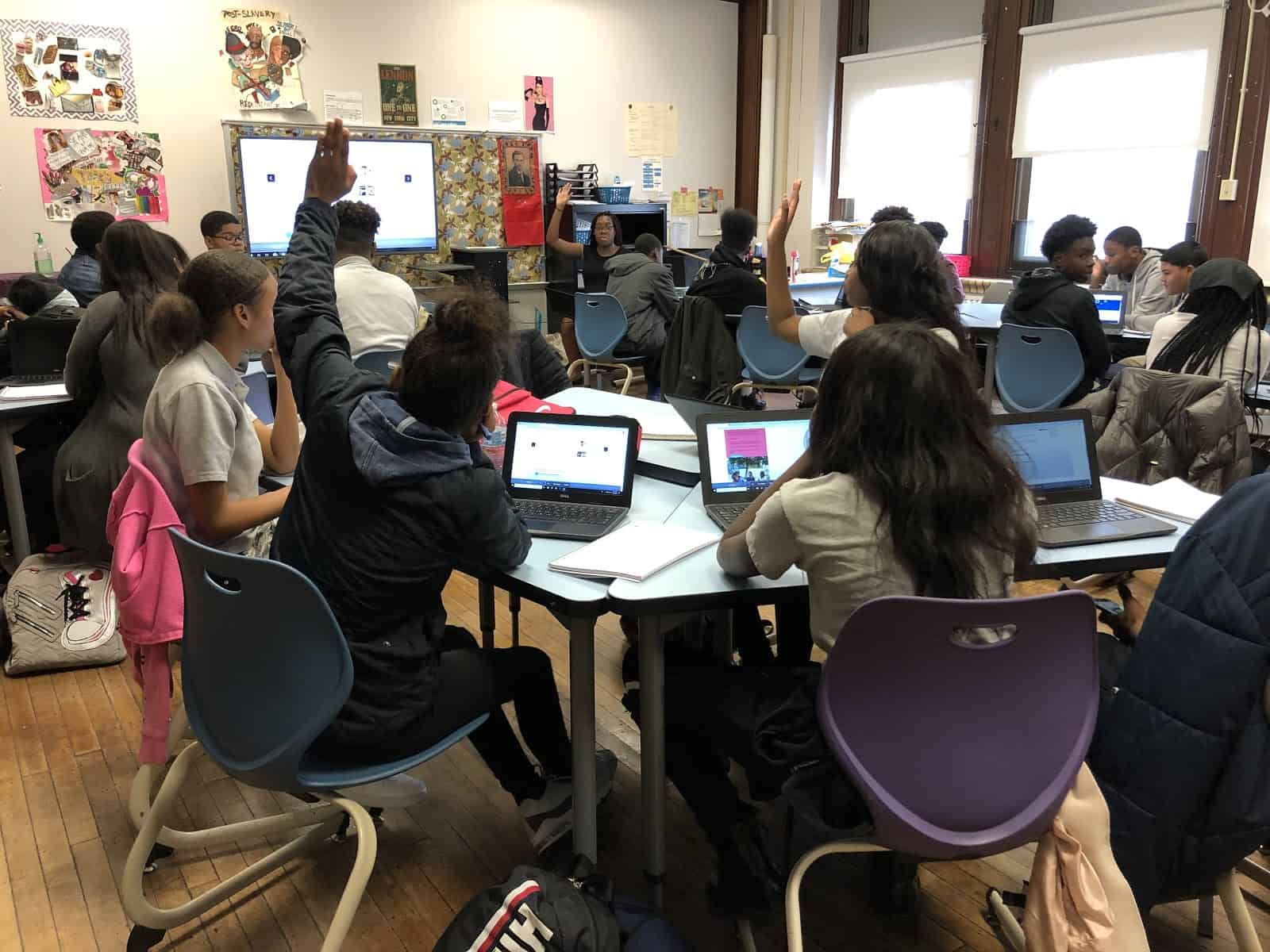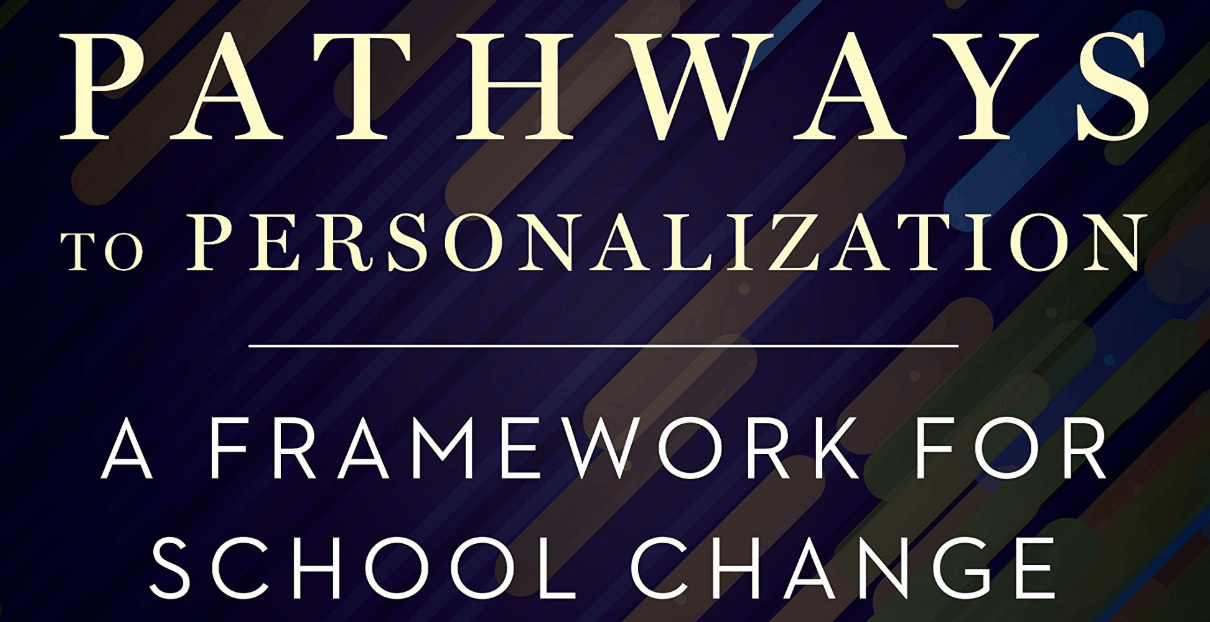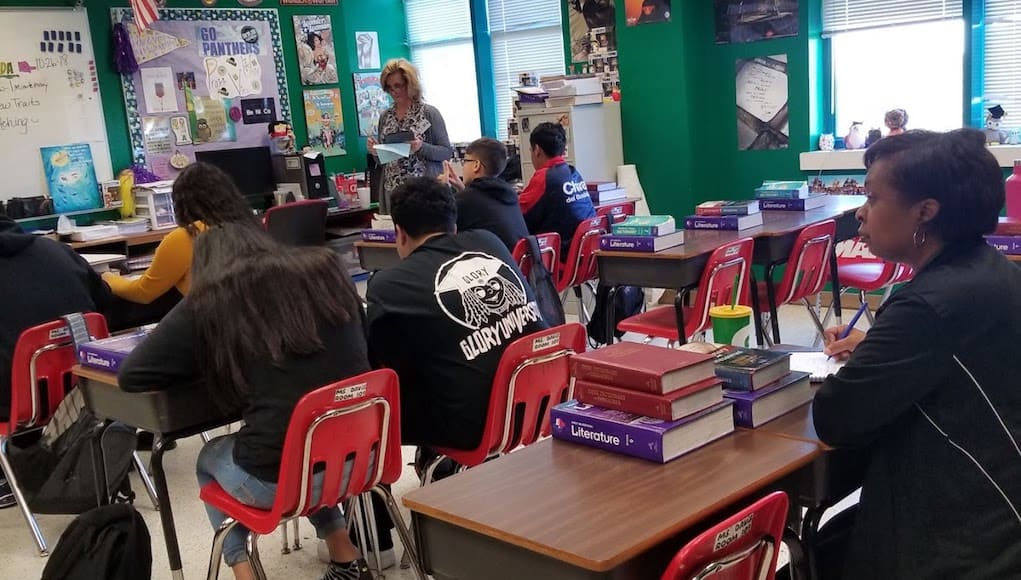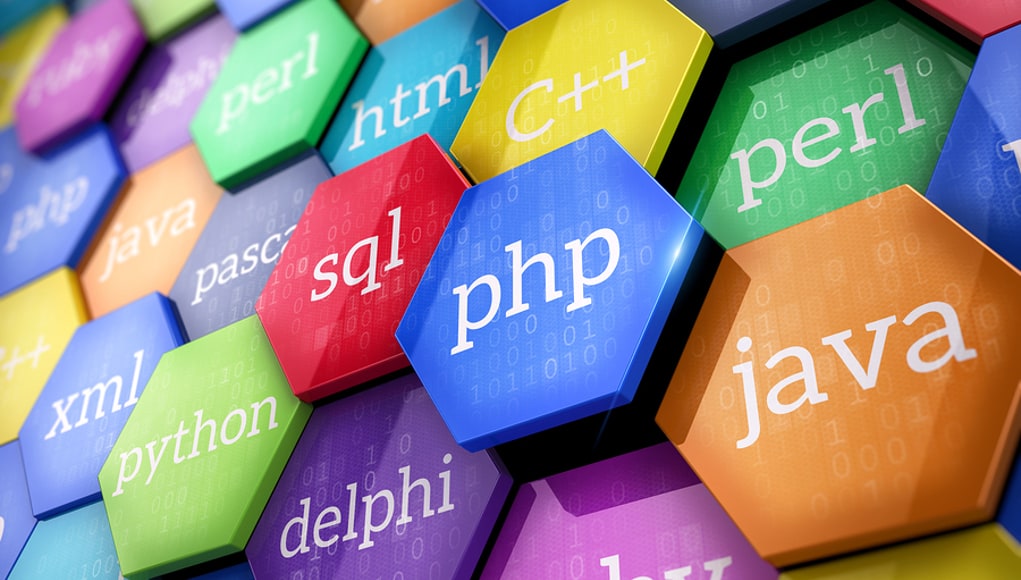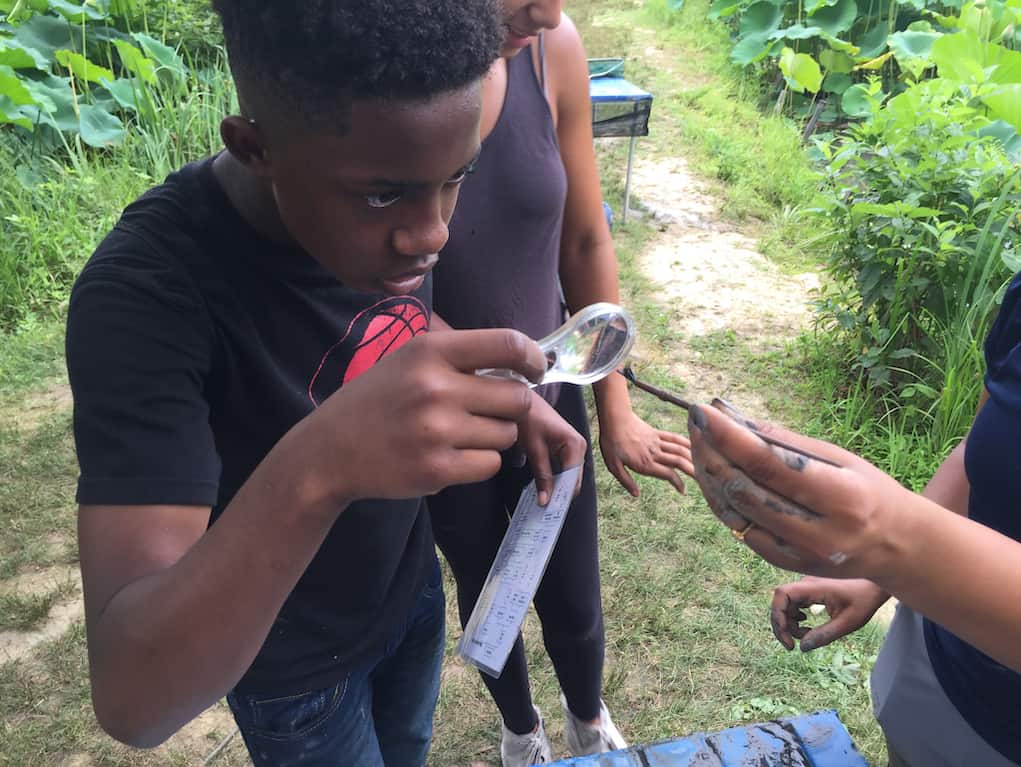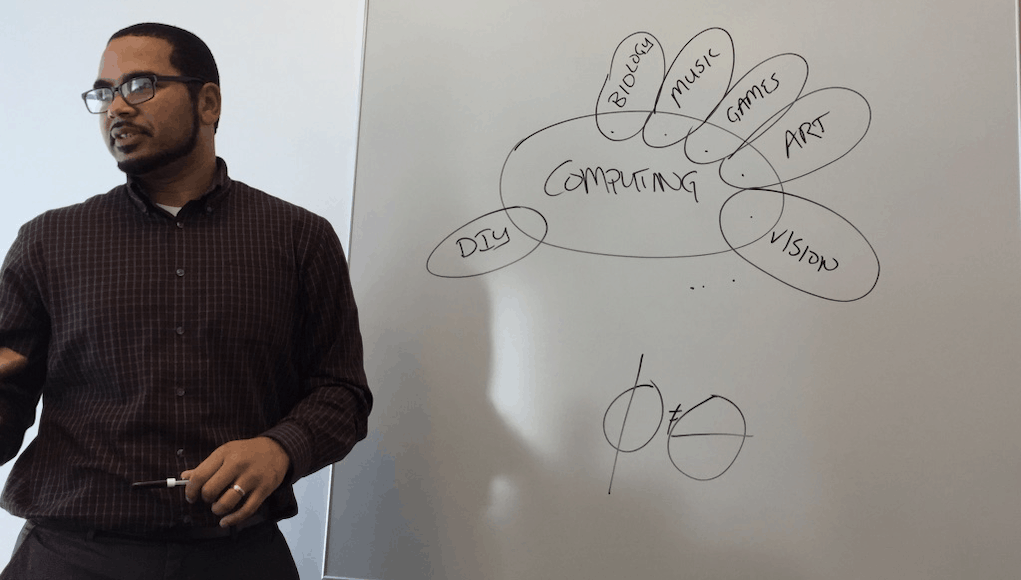Archive: 2018
Diploma Networks: A New Way to Help Schools Adopt Broader Outcomes and Next-Gen Learning Models
Diploma networks can offer schools a promising approach to adopting new outcome frameworks and learning models to help better prepare students for the future.
Video Coaching for Professional Learning
When we talk about teaching and learning, technology is always looked to as powerful to transform the process in the classroom. Teachers effective identify tools to help their students learn. The same can and should be said about professional learning. As classroom teaching changes and adapts with technology, how will professional learning follow suit? How can we use technology to enhance professional learning?
Mid-Year Reflections, Redos, Reboots and Restarts
It’s December now and we’re focused a lot on finishing strong before our breaks. Facilitators and learners need that winter break. But what will be different in January when we all return? Anything? A new calendar could mean a lot of new things. Let’s not it just be a new number. When students return in January, what is their learning going to look like, feel like and ultimately be like? Mid-year is the perfect time for a whole new year.
Pathways to Personalization: Highlander Institute’s Framework for School Change
A problems-of-practice approach also lends itself to models that improve the system we have rather than lead to breakthrough innovations. In particular, it’s hard for one or two pilot teachers to build a competency-based system where students are learning at six different learning levels in multiple subjects.
Are Cultural Competence and Global Competence the Same Thing?
David Ross explores the semantics of cultural and global competence to help us understand if they are in fact the same thing or not.
PODs in Action: Teachers Engage in Productive Peer Feedback
By: Mary Ryerse, Tamara Hall, and Michelle Berkeley. Incorporating new methods and tools like the POD cycle can have a significant and meaningful impact on the success of a formative assessment classroom.
Smart List: 22 Coding and Computer Science Resources
Fifty-four percent of students say they enjoy programming courses “a lot," but few get to spend much time on it in school. Here are some resources to help.
Why Experiential Education?
To contribute now and in the future, young people deserve experiential learning--community connected challenges that build agency and collaboration, that cross disciplines and result in public products that make real contributions. Here's why experiential learning matters and five primary benefits.
Helping Every Learner Identify as a “Math Person”
Recently, Curriculum Associates released a new white paper on culturally responsive classrooms. Included in that guide are four key components necessary to practice “culturally responsive mathematics teaching." Reflecting on these components, understand that there is no such thing as a “math person,” and that high-quality math instruction is key to helping learners shed that perception.
What K-12 Students Should Know About Artificial Intelligence
In May, the Association for the Advancement of Artificial Intelligence (AAAI) and the Computer Science Teachers Association (CSTA) launched the AI for K-12 Working Group (AI4K12) to define for artificial intelligence what students should know and be able to do. In this post, discover five big ideas, drafted by the steering committee, that every student should know.



